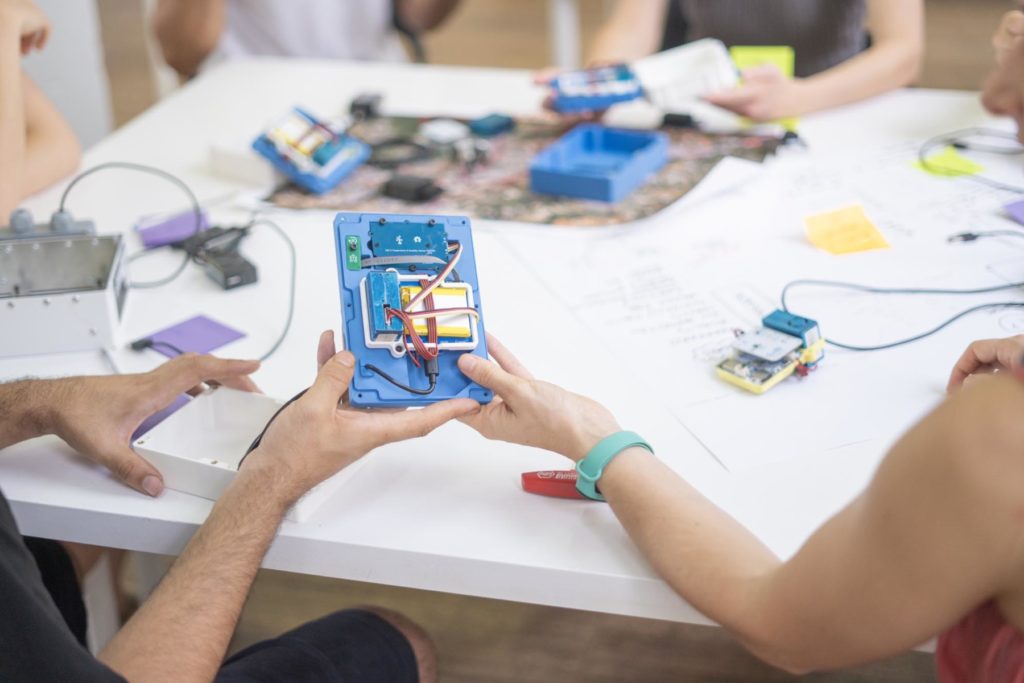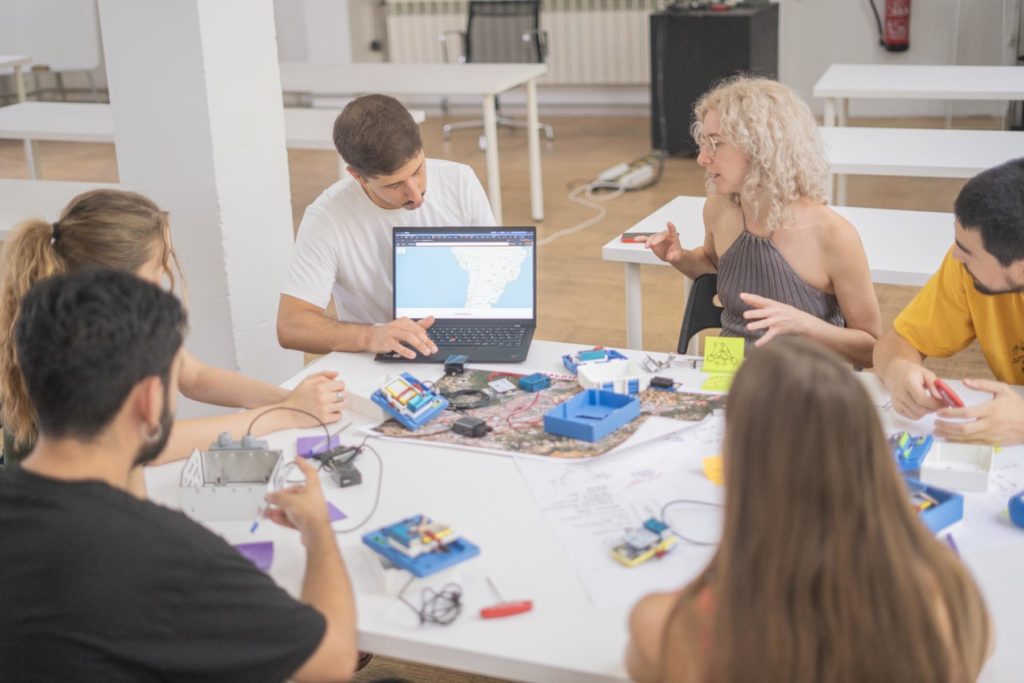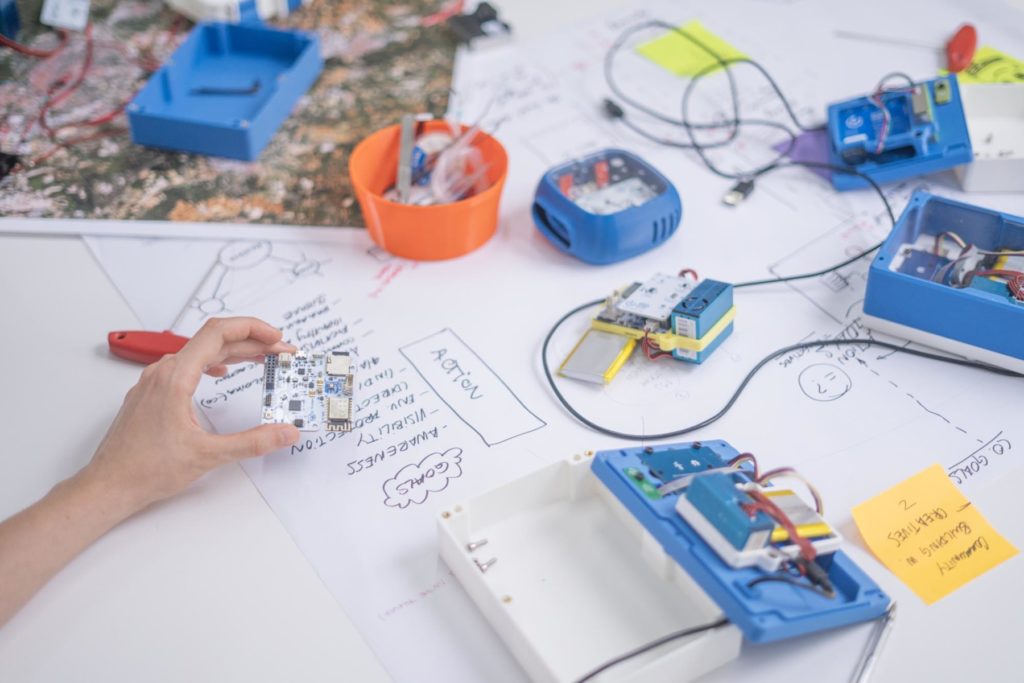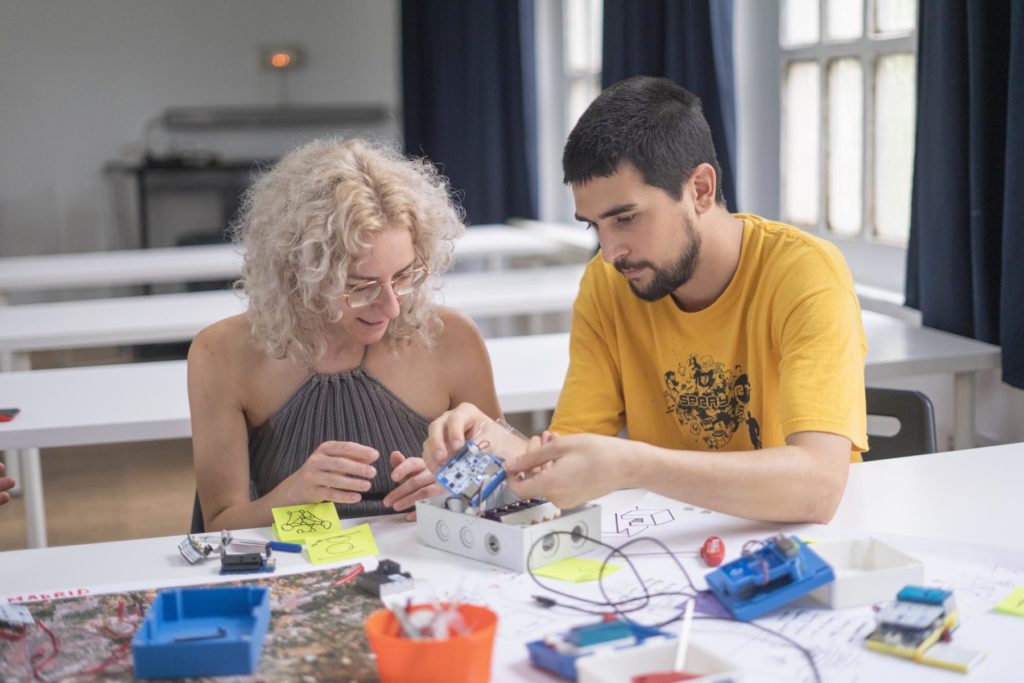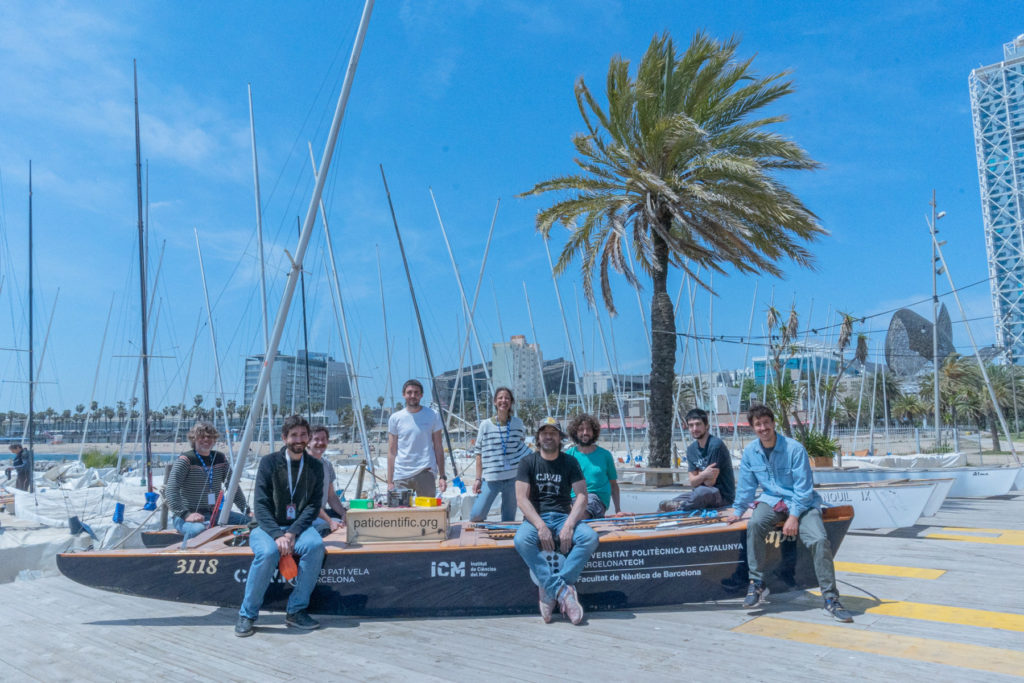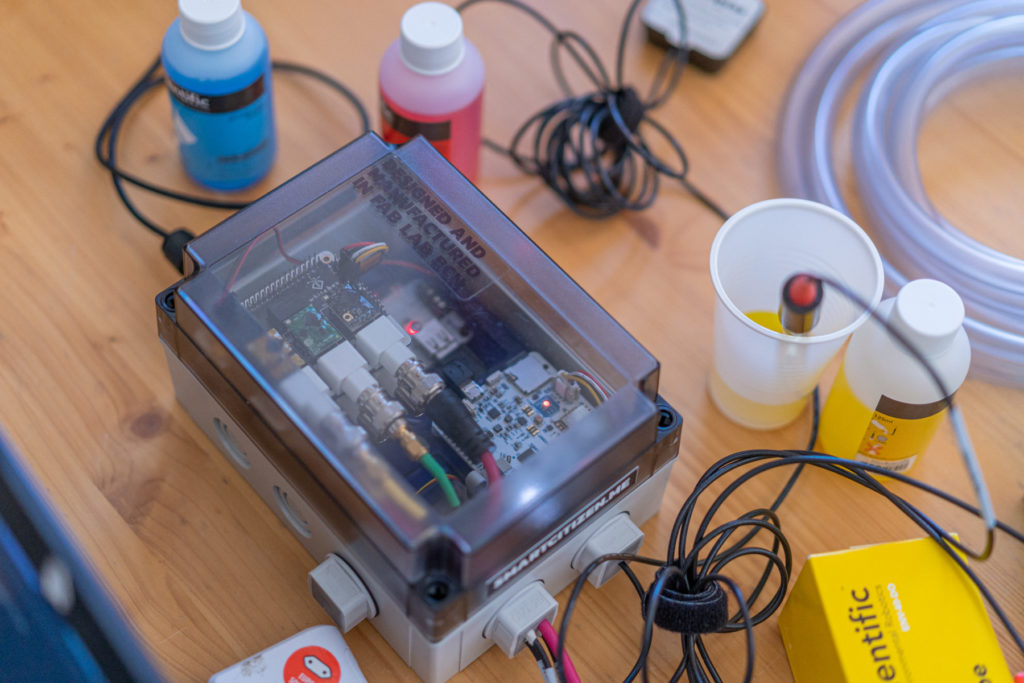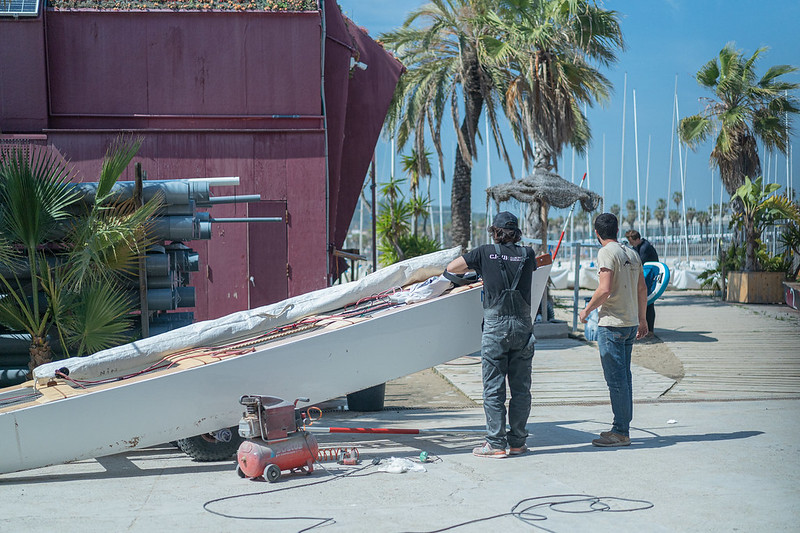
Patí Cientific: Harnessing traditional sailing boats and Smart Citizen Kit to monitor Barcelona’s coastal waters
Benefiting a local community through a pursuit of innovation, collaboration, and community empowerment
In the pursuit of innovation, collaboration, and community empowerment, the Institut de Ciències del Mar (ICM-CSIC) and the Facultat de Nàutica de Barcelona (FNB-UPC) have joined forces with Fab Lab Barcelona to empower the Club Pati Vela community through the Pati Cientific project. Funded by the Barcelona Municipality, this project leveraged the Smart Citizen Kit developed at Fab Lab Barcelona to create a seawater quality measurement system, benefiting the local community and reflecting the lab’s commitment to engaging with communities and advancing open hardware and software technologies.
The Smart Citizen Platform: Empowering with Open-source Tools
At the heart of the Pati Cientific project lies the Smart Citizen hardware and software, an open-source technology born at Fab Lab Barcelona. This kit empowers individuals and communities to collect and share environmental data, fostering a deeper understanding of the world around us.
The Smart Citizen Kit comprises various sensors measuring environmental parameters like temperature, humidity, noise levels, and air quality. This versatile tool empowers citizens to monitor their surroundings, generate valuable data, and actively participate in creating solutions for their communities.
Pati Cientific: A Community-Driven Endeavor
The Pati Cientific project stands as a prime example of applying the Smart Citizen Kit to address local environmental concerns. Collaborating with the Club Pati Vela community in Barcelona, the project aimed to develop a seawater quality measurement system, enhancing the understanding of the marine ecosystem in the area.
This initiative brought community members, scientists, and technologists together to design, build, and deploy a custom system for “Patí de vela”, a traditional Catalan sailboat.
Engaging the Community for Impact
One of the core strengths of the Pati Cientific project was its strong emphasis on community engagement. By involving residents, the project created a sense of ownership and actively involved the local sailing community in contributing to scientific research. They were empowered to monitor seawater quality in real-time, contributing valuable data to the Institut de Ciències del Mar research efforts.
Extending the Impact: Beyond the Horizon
The impact of projects like Pati Cientific continues to reverberate. Today, an advanced version of these tools is being used by scientists across Europe through the MINKE project’s open call. The project aims to revolutionise marine metrology research infrastructures, introducing a fresh approach to data collection and monitoring of marine ecosystems.
Furthermore, the Aulamar project, winner of the BIT Habitat Ciutat Proactiva 2021 grant, enhanced the project partnership and has introduced the world of marine science to Barcelona’s students. It guides them through constructing and developing a low-cost measurement system, instilling a scientific approach to monitoring the local marine ecosystem.
In addition, Barcelona takes a leadership role in CitiObs, consolidating tools and knowledge for co-creating data, enhancing environmental observations in urban settings, and ensuring that citizen observations contribute to research and policy development, aligning with the objectives of the European Green Deal.
In an increasingly data-driven world, Fab Lab Barcelona’s work continues to shine as a beacon of collaboration, innovation, and community empowerment. Here, technology transcends its boundaries to benefit society and the environment. These projects exemplify the potential of open-source technology and emphasise the strength of collective effort and shared commitment to a sustainable future. As we navigate towards a more informed and sustainable world, the wind in our sails is the spirit of collaboration, empowerment, and innovation embodied by projects like these.
Explore more Fab Lab Barcelona projects which translate urban environments into tangible data.
